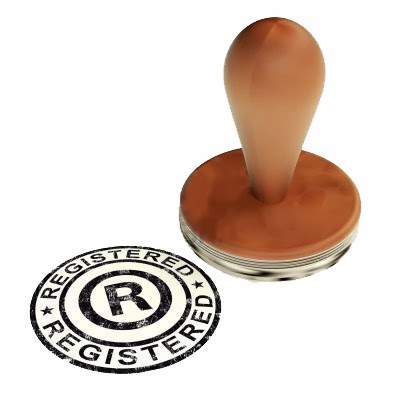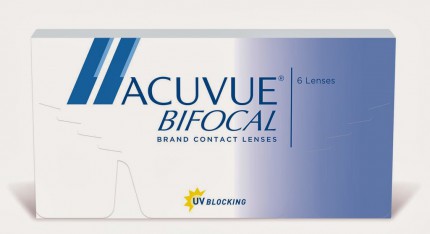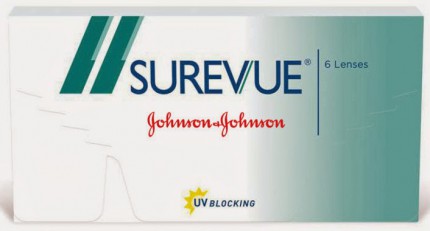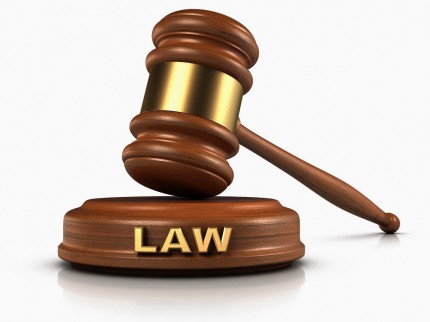Buying a product from a brand is like making a deal: the brand guarantees you that you are buying a quality product. For a firm, a brand is a precious tool to help ensure loyalty and development; it is putting its reputation on the line. Thus a firm must pay close attention to its brand and any fraudulent use that could be made of it.
That is why the law, both national and international, enables firms to register a trademark. When a brand is registered, using it without the consent of its owner is considered as counterfeiting. More than the trademark infringement, the main consequence of counterfeiting is the damage to the brand image; for a brand, and the firm that owns it, it can lead to serious financial losses in their core market. Moreover, counterfeiting also impacts the consumer.
Let’s take an example in the health sector; one where there were no dramatic consequences – although unfortunately this is not always the case. Johnson & Johnson Vision Care, subsidiary of Ethicon S.A.S, specializes in the development and production of contact lenses: two of their most important brands are ACUVUE and SUREVUE.
In 2004, opticians and ophthalmologists notified Johnson & Johnson Vision Care that they had reported a growing number of cases of ocular irritations as well as defective eyesight correction with the SUREVUE lenses. When selling a lens that, as told in its name, is aiming to provide you with a sure view, unerring visual acuity in respect of the eyeball physiology represents a serious problem; indeed the effects notified endangered both the visual comfort and the ocular health of the users and contradicted the quality image built by the brand.
Johnson & Johnson Vision Care quickly identified the origin of the problem: counterfeit products commercialized through forgery of the SUREVUE packaging. Thankfully the security pictograms that can only be found on the genuine SUREVUE boxes helped to differentiate the fakes from the original products at first sight. In this way, Johnson & Johnson Vision Care could easily get rid of the counterfeits.
This is an example of how important the fight against counterfeiting and for the respect of trademark law can be. Trademark law is not only a way to protect the brand owner, it also protect the image of quality and safety associated to a brand.




